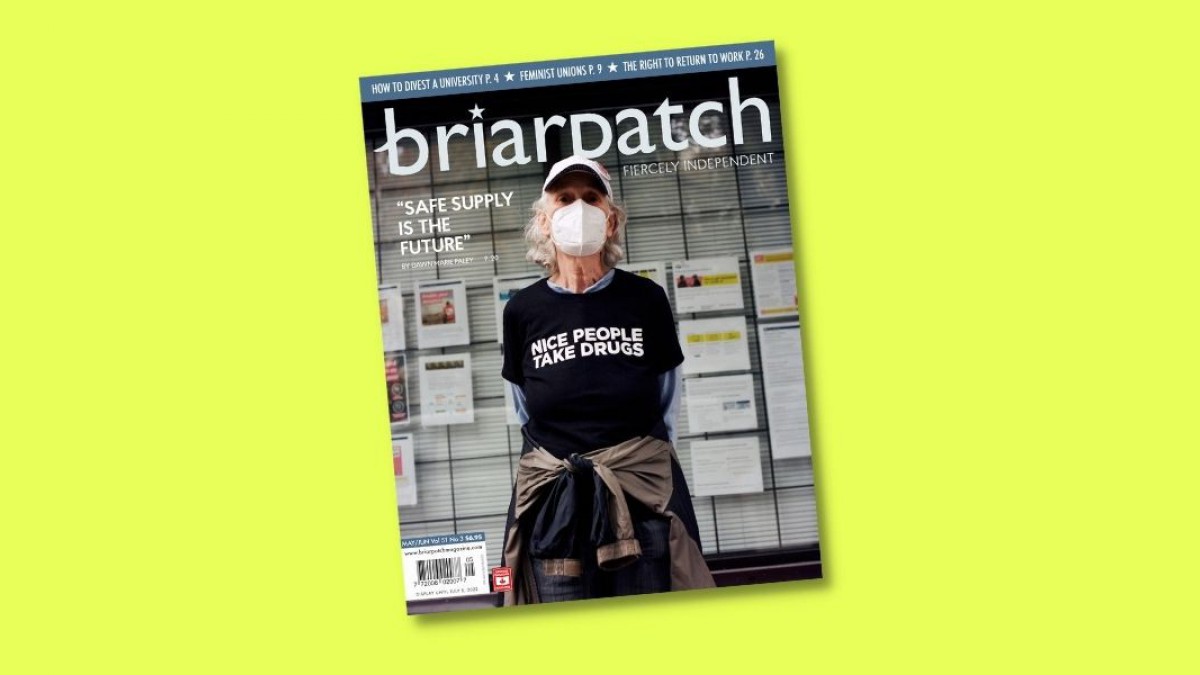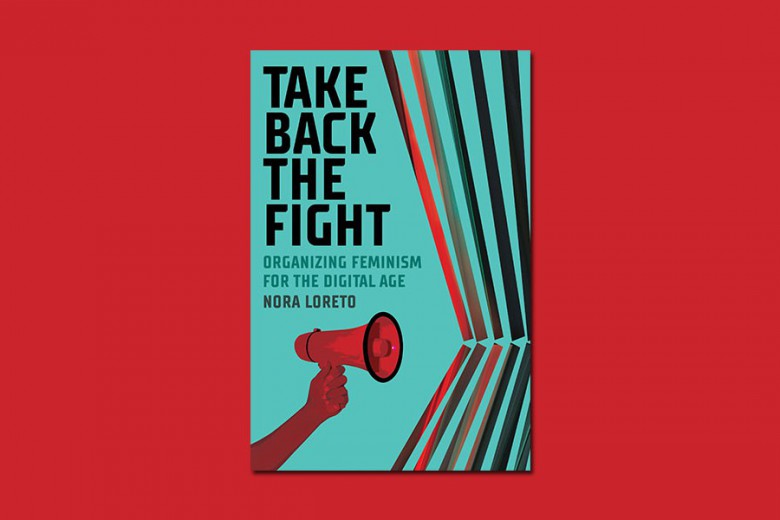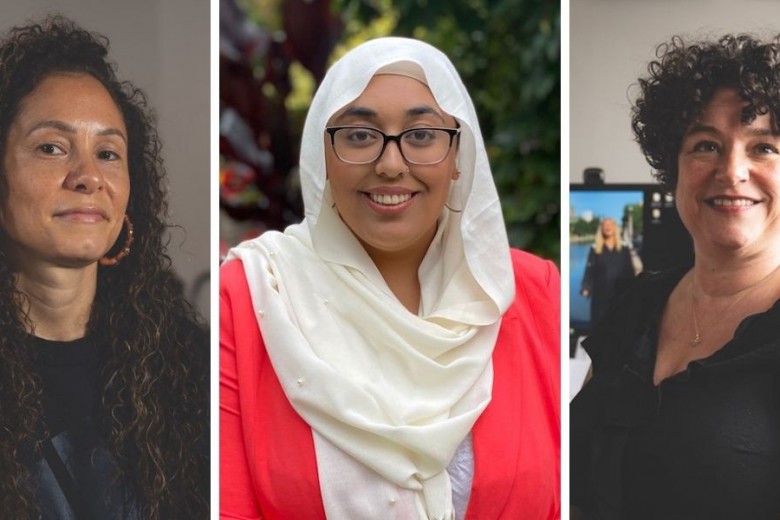“I feel embarrassed when I say feminism and people do not think revolution in service of every living thing. I think I will spend my life trying to rectify this.”
—Lola Olufemi, Experiments in Imagining Otherwise
For the last month, I’ve been turning this quote by Black feminist writer Lola Olufemi over in my mind. Like me, Olufemi came of age in a time of capitalist feminism – girlboss CEOs, female war hawks, women architects of neoliberalism. We were told that feminism is about “equality with men”: equal opportunity to be exploited by your boss, evicted by your landlord, and secure your boot on someone else’s neck.
Mainstream feminism’s wildest dreams involve women being represented at the top of their fields. It’s a depressingly bland and narrow dream. Olufemi wants us to think bigger, to develop what she and others call a “feminist imagination.” To do so, we begin by looking at the issues that actually affect the majority of women around the world – poverty, war, domestic violence, climate change, reproductive injustice. Then, we imagine what it would take to make sure all women were safe, healthy, cared for, and free. This feminist imagination is the foundation of many of the articles in this issue of Briarpatch.
We were told that feminism is about “equality with men”: equal opportunity to be exploited by your boss, evicted by your landlord, and secure your boot on someone else’s neck.
Emma Arkell tells the story of women hotel workers – mostly women of colour who clean rooms, cook meals, and serve guests – at the Pacific Gateway and Hilton Metrotown hotels in B.C. The hotels laid off workers when the pandemic hit, then refused to give them their jobs back. The women who survived the layoffs chose to fight to get their co-workers’ jobs back. For the last year, the Pacific Gateway workers have been on strike, and the Hilton Metrotown workers have been locked out.
In Claire Nicolson-Hurtig’s follow-up to her article published last year about racism and sexism in the labour movement, Nicolson-Hurtig talks to trade unionists about what an anti-racist, feminist labour movement would look like. Their ideas range from immediate changes to long-term goals, from proportional representation in union elections to policies that reimburse staff for child care costs incurred when they travel.
And in Tara Alami and Rawan Nabil’s article about Palestinian feminist futures, the authors extend the feminist imagination to ask Palestinian women what liberation from settler-colonialism would feel like. Women talk about freedom of movement, freedom from Zionist humiliation, and a constant striving toward safety and dignity for all people.
These are all instances of feminist struggle that aim for a good life for women – not just rich women, or white women, or women in Canada, but all women. These articles pair on-the-ground struggle with dreams of a freer, safer future. And as Olufemi reminds us, the future is not some horizon over there, but the next step we decide to take right here.







